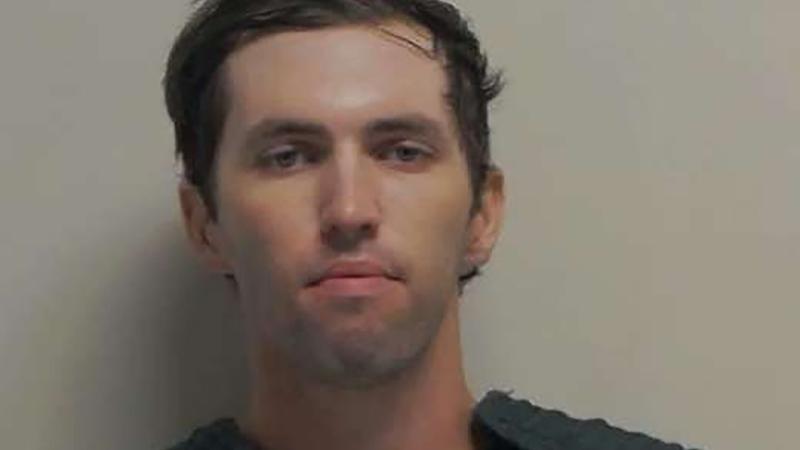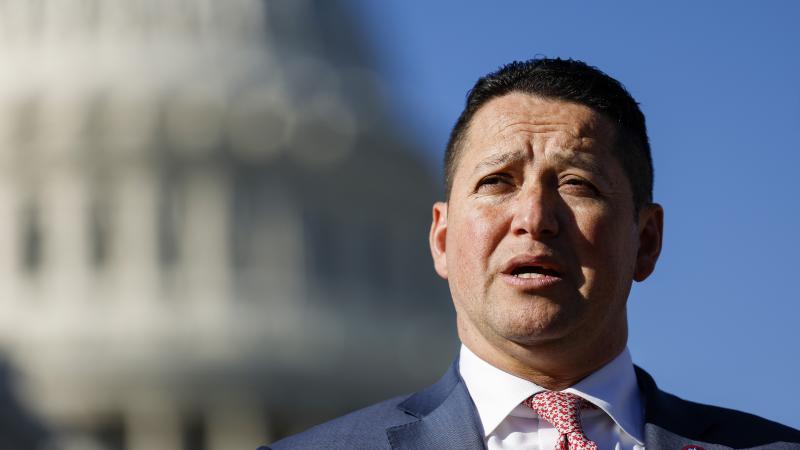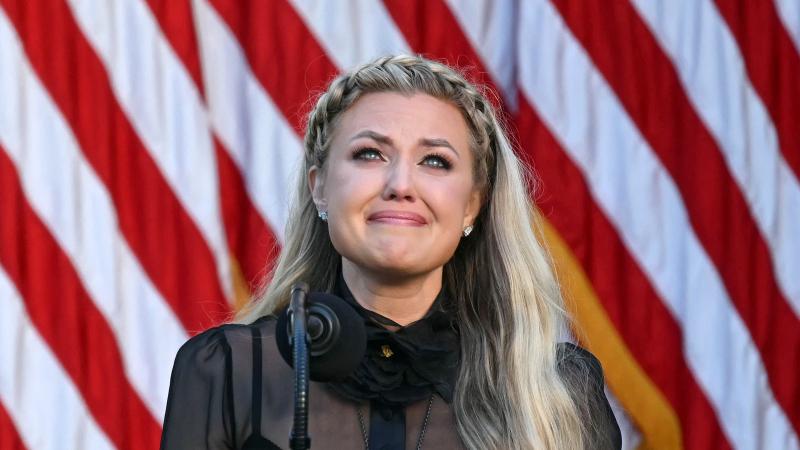Indiana ACLU opposes resumption of death penalty
It’s been nearly 15 years since Indiana conducted its last execution.
One day after Indiana leaders announced their plans to pursue the execution of a convicted murderer, the state chapter of the American Civil Liberties Union is requesting they reconsider.
The group that seeks to protect constitutional rights issued a statement that it was “deeply concerned” by the announcement made Wednesday afternoon by Gov. Eric Holcomb and Attorney General Todd Rokita to resume capital punishment in the state. Executions, the ACLU of Indiana said, are not backed by the public and are not errorproof.
“A government should never execute its citizens,” the statement read. “Full stop.”
Holcomb and Rokita want a date set for Joseph Corcoran, who was sentenced to death in 1999 for murdering his brother, his sister’s fiancé and two friends of his brother on July 26, 1997, in Fort Wayne.
Five years prior to that, a then-17-year-old Corcoran was accused of shooting and killing his parents. However, he was acquitted of those charges.
It’s been nearly 15 years since Indiana conducted its last execution. Matthew Eric Wrinkles, who was condemned after being found guilty of murdering his wife, brother-in-law and his brother-in-law’s wife in July 1994, died Dec. 11, 2009.
Indiana executes inmates using lethal injection. The state selected a new combination of drugs to carry out sentences a decade ago, but the state Court of Appeals struck down the cocktail three years later, saying the state failed to follow proper rulemaking procedures in establishing the new process.
In the joint statement with Rokita, Holcomb said the state has acquired pentobarbital to use in executions, which are conducted at the Indiana State Prison in Michigan City.
Over the past 29 years, Indiana has executed 19 people via lethal injection. There are currently eight people on the state’s death row.
On Wednesday, Rokita filed a motion with the Indiana Supreme Court to set a date for Corcoran’s execution, saying that the state was prepared to carry out the sentence.
He also disagreed with opponents who say the death penalty does not help prevent crimes.
“In Indiana, state law authorizes the death penalty as a means of providing justice for victims of society’s most heinous crimes and holding perpetrators accountable,” Rokita said. “Further, it serves as an effective deterrent for certain potential offenders who might otherwise commit similar extreme crimes of violence.”
While the state has not executed an inmate in nearly 15 years, the federal government has carried such sentences out at its penitentiary in Terre Haute. Daniel Lewis Lee, who was found guilty of killing a family, died by lethal injection on July 14, 2020.













